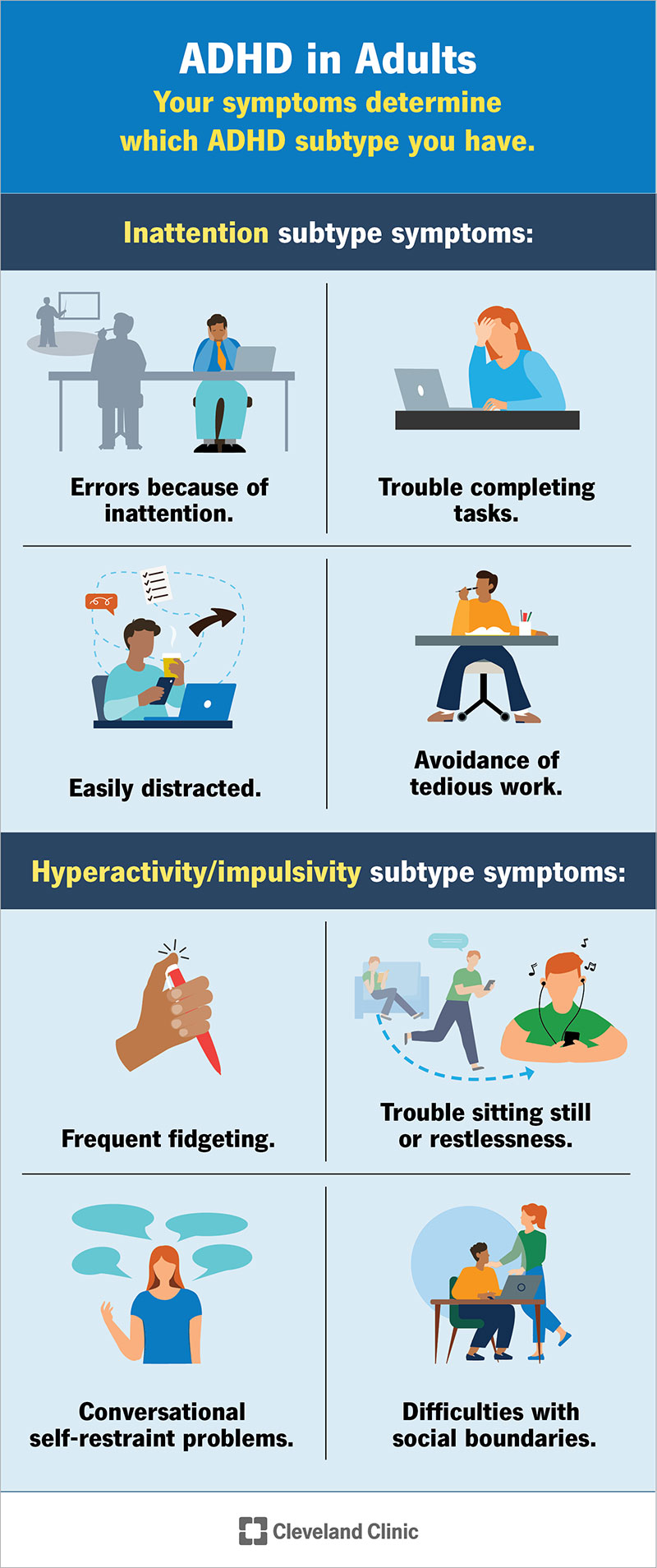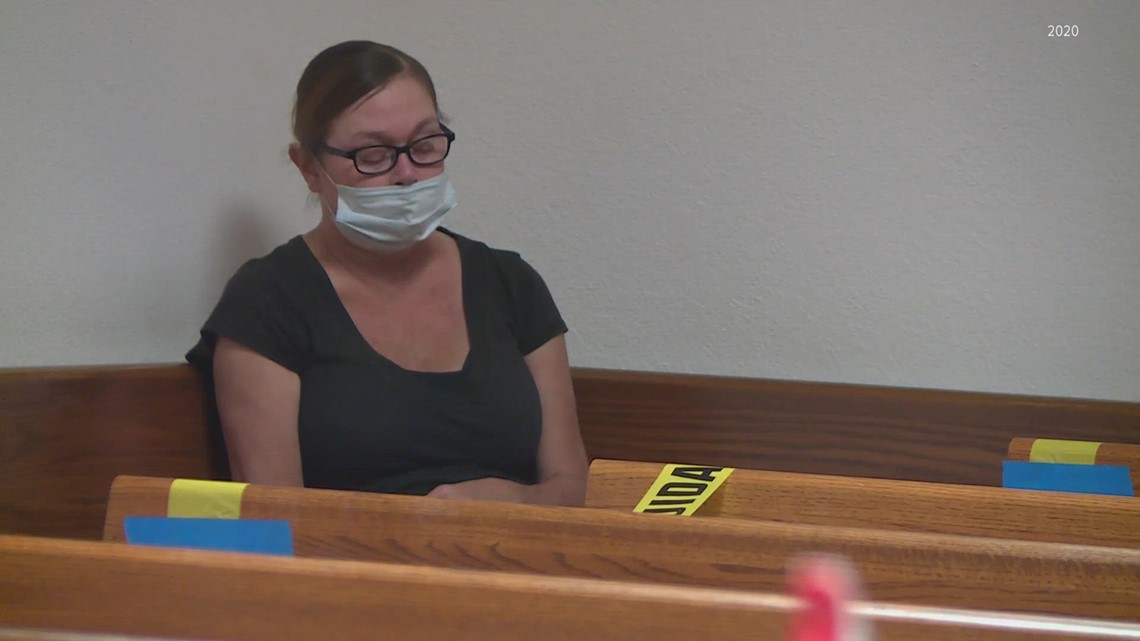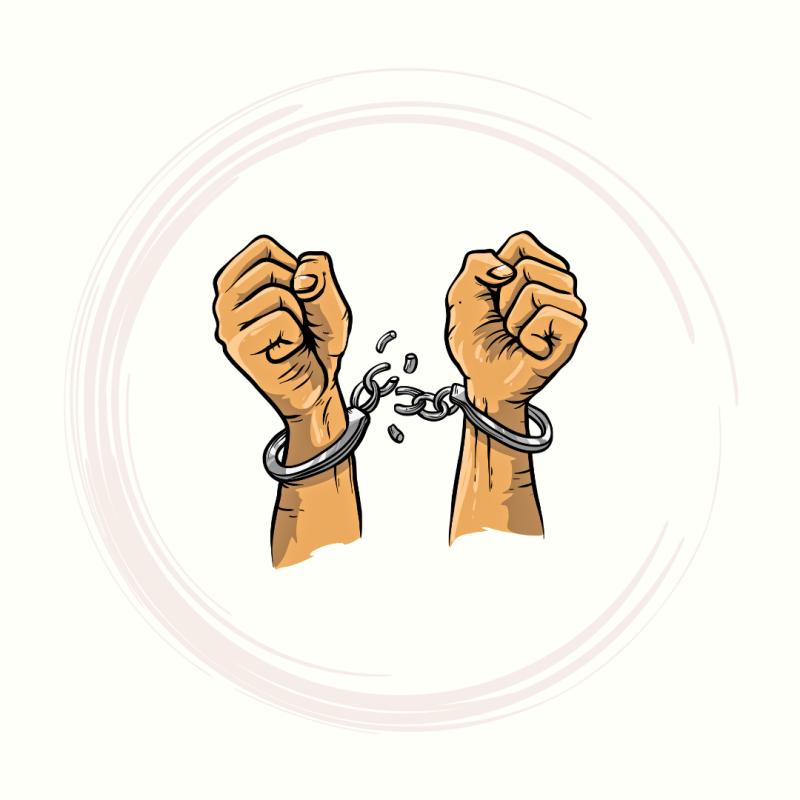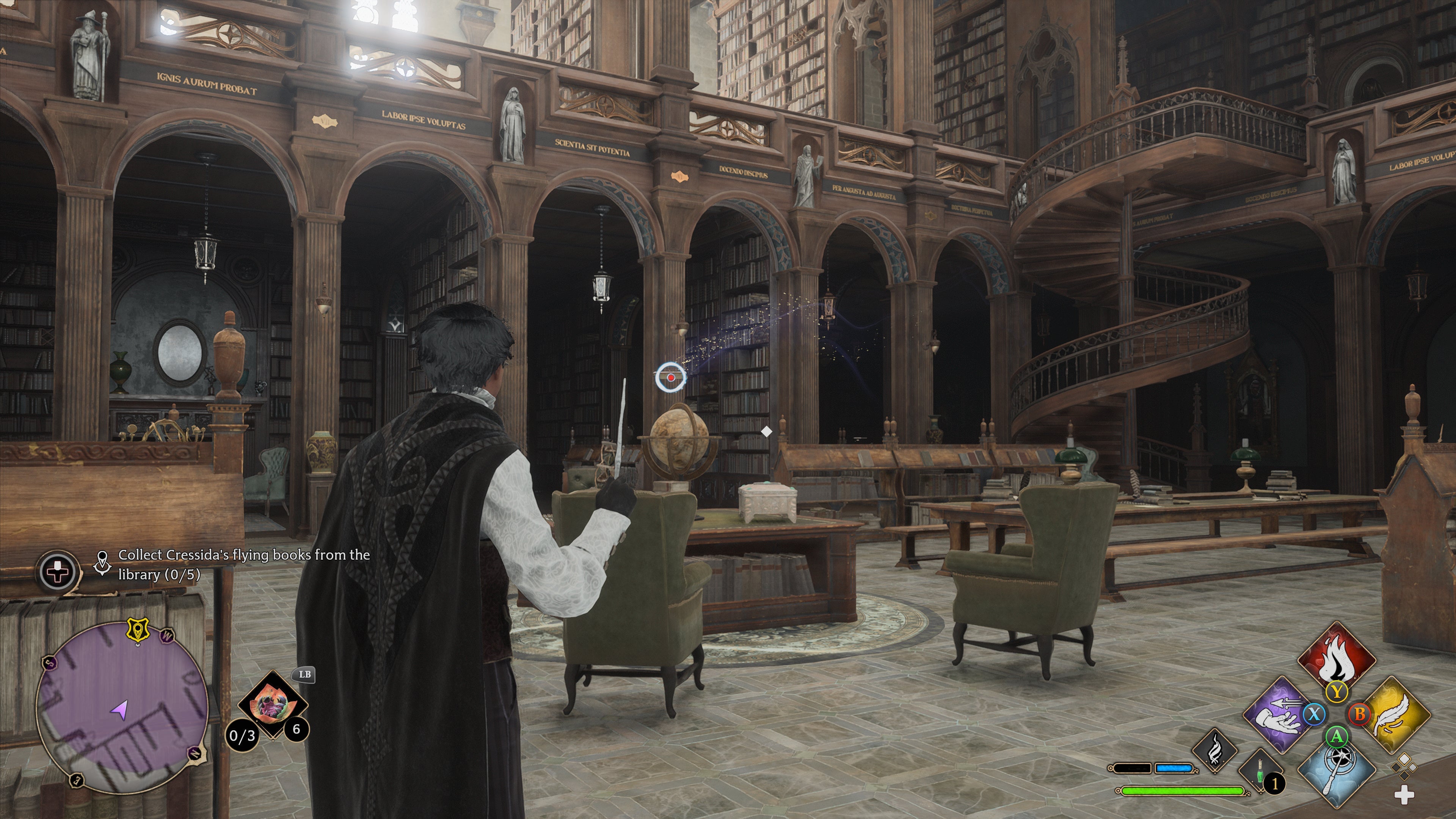Diagnosed With Adult ADHD? Your Action Plan

Table of Contents
Understanding Your ADHD Diagnosis
What does your diagnosis mean?
An adult ADHD diagnosis signifies that you experience persistent patterns of inattention, hyperactivity, and/or impulsivity that significantly impact your daily life. ADHD presents in different ways:
- Predominantly Inattentive Presentation: Characterized primarily by difficulty focusing, organizing, and following through on tasks.
- Predominantly Hyperactive-Impulsive Presentation: Marked by excessive restlessness, impulsivity, and difficulty staying still.
- Combined Presentation: A combination of inattentive and hyperactive-impulsive symptoms.
Common symptoms in adults include: difficulty concentrating, forgetfulness, disorganization, impulsiveness, restlessness, emotional dysregulation, and problems with time management. It's vital to remember that a personalized diagnosis from a healthcare professional, such as a psychiatrist or psychologist, is essential for accurate assessment and tailored treatment planning. They can assess your specific symptoms and rule out other potential conditions.
Addressing common misconceptions about Adult ADHD.
Many misconceptions surround Adult ADHD. It's crucial to debunk these myths:
- Myth: ADHD is just a childhood disorder. Reality: While often diagnosed in childhood, ADHD persists into adulthood for many individuals.
- Myth: ADHD is a lack of willpower or discipline. Reality: ADHD is a neurobiological condition affecting brain function, not a character flaw.
- Myth: There's nothing that can be done about Adult ADHD. Reality: ADHD is a treatable condition, and effective management strategies exist.
Understanding the neurobiological basis of ADHD – differences in brain structure and function impacting attention, impulse control, and executive function – helps to normalize the experience and emphasizes the need for a compassionate and informed approach to treatment.
- Seek clarification on your specific diagnosis from your doctor or therapist.
- Understand your individual symptom profile. Not everyone experiences ADHD in the same way.
- Research reputable sources of information about Adult ADHD. The CHADD (Children and Adults with Attention-Deficit/Hyperactivity Disorder) website is an excellent resource.
Building Your ADHD Management Strategy
Medication Management
Medication can be a crucial component of ADHD management. Stimulants (like methylphenidate and amphetamine) and non-stimulants (like atomoxetine) are commonly prescribed. Working closely with a psychiatrist or doctor is paramount to find the right medication and dosage, as well as to monitor for side effects and adjust treatment as needed. Potential side effects should be discussed openly with your doctor, and strategies for mitigating them should be developed collaboratively.
Therapy and Counseling
Therapy plays a vital role in managing ADHD. Cognitive Behavioral Therapy (CBT) is particularly effective. It helps individuals identify negative thought patterns and develop coping mechanisms for managing challenges related to ADHD. Therapy also addresses emotional regulation, self-esteem, and relationship issues often associated with ADHD. Specific therapeutic techniques, such as time management training, organization strategies, and mindfulness practices, can significantly improve daily functioning.
Lifestyle Adjustments
Making lifestyle changes can significantly impact ADHD symptom management. This holistic approach complements medication and therapy:
- Regular sleep schedule: Aim for 7-9 hours of consistent sleep per night to improve focus and mood.
- Regular exercise: Physical activity boosts dopamine levels and improves attention.
- Healthy diet: A balanced diet reduces energy crashes and improves brain function.
- Stress management techniques: Yoga, mindfulness, and meditation can help regulate emotions and improve focus.
- Supportive environment: Creating a structured and organized environment at home and work minimizes distractions and promotes productivity.
Utilizing Support Systems and Resources
Finding a Support Network
Connecting with others who have ADHD is invaluable. Sharing experiences, learning coping strategies, and feeling understood reduces feelings of isolation and improves overall well-being.
- Support groups: Many local and online support groups provide a safe space for connection and shared learning.
- Online forums: Online communities offer a wealth of information and peer support.
- Advocacy organizations: Organizations like CHADD provide resources, education, and advocacy for individuals with ADHD.
Accessing ADHD-Specific Resources
Numerous resources can aid in managing ADHD:
-
Reputable websites: CHADD, ADDitude Magazine, and the National Institute of Mental Health (NIMH) offer reliable information.
-
Helpful apps: Numerous apps assist with organization, time management, and task completion (e.g., Todoist, Any.do, Forest).
-
Educational materials: Books and workbooks on ADHD provide strategies and coping mechanisms.
-
Join an online or in-person support group.
-
Connect with ADHD coaches or mentors.
-
Utilize mobile apps designed for ADHD symptom management.
Conclusion
Receiving an Adult ADHD diagnosis is a significant step, but it's also an opportunity for positive change. By understanding your diagnosis, implementing a personalized management strategy that incorporates medication, therapy, and lifestyle adjustments, and accessing available support resources, you can effectively manage your ADHD and live a more productive and satisfying life. Remember to work closely with your healthcare team, be patient with yourself, and celebrate your progress. Take control of your well-being and create your own successful Adult ADHD action plan today.

Featured Posts
-
 Dsps India Fund Shifts Strategy Reduced Stock Exposure Increased Cash
Apr 29, 2025
Dsps India Fund Shifts Strategy Reduced Stock Exposure Increased Cash
Apr 29, 2025 -
 Louisville Congressman Accuses Usps Of Lack Of Transparency On Mail Delays
Apr 29, 2025
Louisville Congressman Accuses Usps Of Lack Of Transparency On Mail Delays
Apr 29, 2025 -
 Review One Plus 13 R Performance And Value Compared To The Pixel 9a
Apr 29, 2025
Review One Plus 13 R Performance And Value Compared To The Pixel 9a
Apr 29, 2025 -
 Pete Roses Presidential Pardon Fact Or Fiction Examining The Possibilities
Apr 29, 2025
Pete Roses Presidential Pardon Fact Or Fiction Examining The Possibilities
Apr 29, 2025 -
 Israel Under Pressure To Reopen Aid Channels To Gaza Strip
Apr 29, 2025
Israel Under Pressure To Reopen Aid Channels To Gaza Strip
Apr 29, 2025
Latest Posts
-
 Adidas Spring Sale 14 Slides Flying Off Shelves
Apr 30, 2025
Adidas Spring Sale 14 Slides Flying Off Shelves
Apr 30, 2025 -
 2025
Apr 30, 2025
2025
Apr 30, 2025 -
 Gornolyzhnye Sklony Chelyabinska Zakryty Iz Za Neozhidannogo Potepleniya
Apr 30, 2025
Gornolyzhnye Sklony Chelyabinska Zakryty Iz Za Neozhidannogo Potepleniya
Apr 30, 2025 -
 Chelyabinsk Posledstviya Anomalnogo Potepleniya Dlya Gornolyzhnykh Kurortov
Apr 30, 2025
Chelyabinsk Posledstviya Anomalnogo Potepleniya Dlya Gornolyzhnykh Kurortov
Apr 30, 2025 -
 Tragediya Na Gorke V Tyumeni Postradavshie Otkazyvayutsya Ot Pomoschi
Apr 30, 2025
Tragediya Na Gorke V Tyumeni Postradavshie Otkazyvayutsya Ot Pomoschi
Apr 30, 2025
